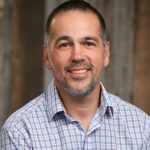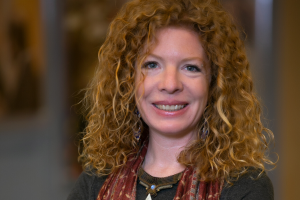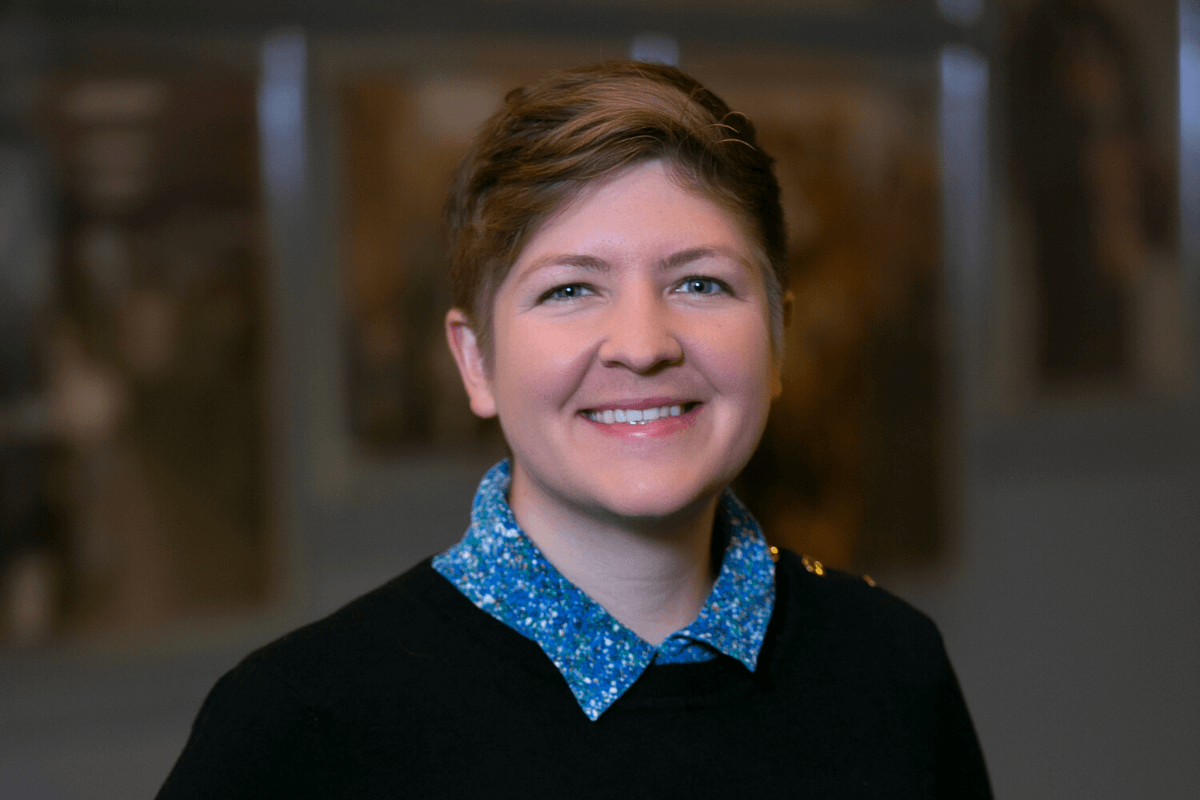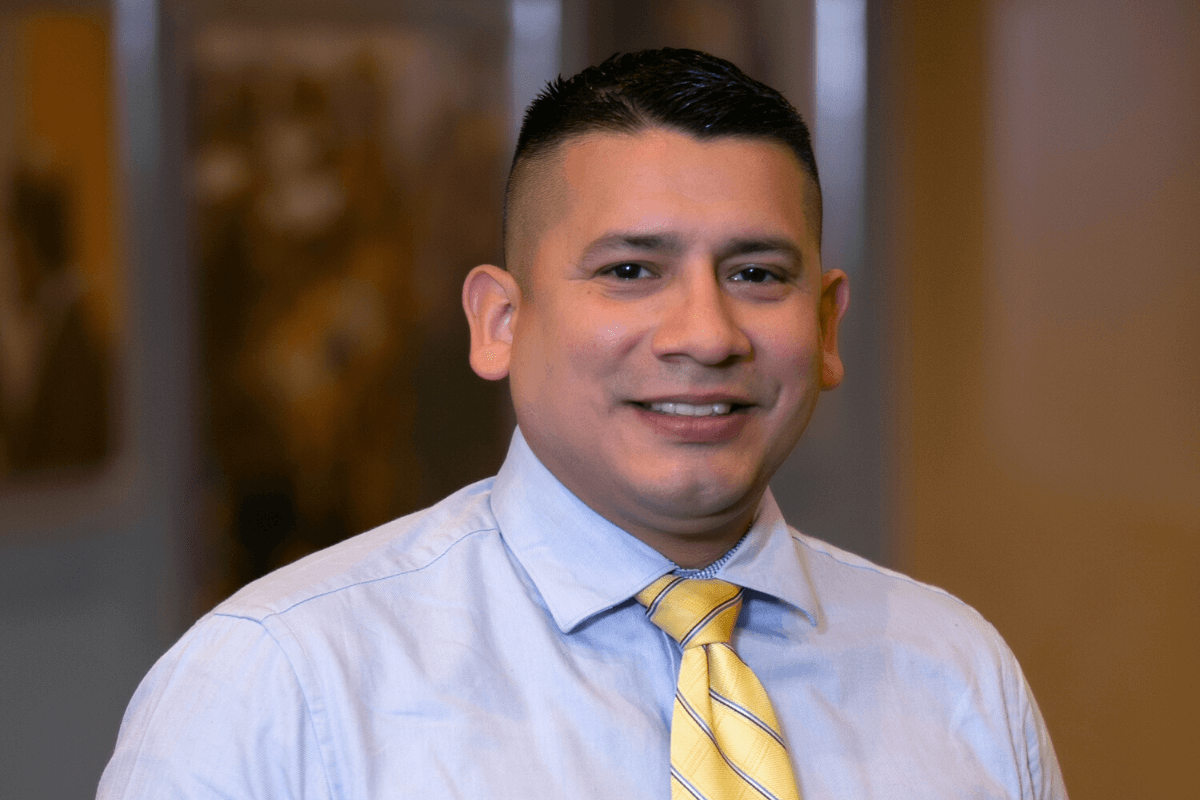
"While we have a rich network of cities in which we do this, we ultimately want to contribute to a much larger community of practice."
-Brett Brenton
Every year, the burgeoning entrepreneurial ecosystem building community gathers for what is arguably the premier event for learning and connectivity in the nation (maybe even the world). The ESHIP Summit, created and sponsored by the Ewing Kauffman Foundation, typically convenes in Kansas City in the second quarter of the calendar year. Started in 2017, it has gathered over 1,000 of the leading practitioners of ecosystem building in the first three years, all in the spirit of making Entrepreneurship for All a widely understood and supported practice.
As with everything else in our world, 2020 threw a wrench into those plans. After a thoughtful pivot, the Summit was held in late September. Approximately 800 people attended this year’s event, creating one of the largest ever convenings of its kind. The collective planning that went into the event produced one of the more rich and engaging conferences I have ever attended. As attendees, our biggest challenge was deciding what to miss, as each block of time was loaded with options ranging from the role of philanthropy to expansive approaches undertaken in rural communities, methods for activating public libraries to emerging university coursework on the topic, and everything in between.
The virtual element was delivered by Pathable, who failed to disappoint across the three day engagement. Resource providers of all size and type created virtual booths that highlighted some of their best resources and offered windows for one-on-one video chats with staff. I had the privilege of hosting the booth for Forward Cities, and I came away very impressed with our ability to learn and inform through numerous conversations with entrepreneurs and support organization representatives from across the world. This is a level of new connection that is hard to achieve in just about any other setting or format. I could feel the level of alignment between the national and global ecosystem growing with each exchange.
Almost everyone at Forward Cities attended the Summit in some capacity, many as key presenters of sessions and plenaries. In an effort to show how the multitude of learnings could continue beyond the Summit, I asked our local directors, each engaging in ecosystem building work in their communities, to seek out one specific element of the Summit that resonated to them and to explore ways to enhance their existing work in coming months. While being a part of the Summit is a fantastic experience, applying these principles to their work in the field is the ultimate goal. Here are their reflections, as well as ideas on how they plan to bring what was learned to life back home.
In partnership with LISC Indy, the Central Indiana Community Foundation, and the Indy Chamber, Forward Cities has engaged in a two year campaign that is set to wrap at the end of the year. Kaliah Ligon has served as local director during that time, working to bridge the gap between support organizations serving entrepreneurs of color and the emerging ecosystem at large.
I attended the session: A Deeper Dive Into Ecosystem Building & Systems  Leadership which, among other things, surfaced this valuable insight, “Ecosystem building is like midwifery – hard, messy, and rewarding.” I have definitely experienced a bit of that in my role as a local director. To build on that metaphor, the COVID-19 pandemic for many businesses may be likened to an emergency cesarean delivery with unforeseen circumstances.
Leadership which, among other things, surfaced this valuable insight, “Ecosystem building is like midwifery – hard, messy, and rewarding.” I have definitely experienced a bit of that in my role as a local director. To build on that metaphor, the COVID-19 pandemic for many businesses may be likened to an emergency cesarean delivery with unforeseen circumstances.
As I listened to the session, I felt a pang of conviction when Dell Gines asserted that inclusion must be baked into the process. I think that the ABIDE training (ed: Forward Cities’ proprietary equity in entrepreneurship training) is an opportunity to bake inclusion into our process for all future engagements. For my engagement in Indianapolis, I underestimated what it would take to engage the Latinx community and there is still quite a bit of work to do to build authentic relationships and assess and address the gaps.
As part of our ESHIP Communities work, we are engaging the ‘Rio Grande’ region of New Mexico and Long Beach, CA in multi-year engagements that began in late 2019. In the case of New Mexico, there is a heavy focus on entrepreneurial opportunities across the food and agriculture sectors. Great value is seen in the development of a regional ecosystem that can provide wider access to farmers and affiliated industries throughout the regional food value chain, helping to foster greater individual ownership of their economic destiny. Erin Ortigoza leads our work there.
 I attended a session focused on ecosystem building in rural areas, which is particularly critical in Rio Grande as we focus on strengthening the rural-urban regional capacity through value chain and cross sector relationship building. There appears to be a niche of rural ecosystem building work that Forward Cities may be able to grow into over time, which would complement the ecosystem building work currently focused largely in urban settings.
I attended a session focused on ecosystem building in rural areas, which is particularly critical in Rio Grande as we focus on strengthening the rural-urban regional capacity through value chain and cross sector relationship building. There appears to be a niche of rural ecosystem building work that Forward Cities may be able to grow into over time, which would complement the ecosystem building work currently focused largely in urban settings.
The Center for Rural Innovation was highlighted as having various tools for mapping and data analytics.
The RuralRise program also appears to be an amazing group, framing itself as 'a community of organizations that aims to increase opportunities and prosperity for small and rural communities across the United States. Recognizing that innovation and entrepreneurship are blind to location, RuralRISE seeks to increase the opportunities, increase accessibility, and spotlight innovation, entrepreneurial, and startup activities that work in a rural context.' I will explore how ESHIP Rio Grande can become more involved in these programs through our recently designed strategies in the coming weeks to support Forward Cities learning on rural ecosystem building.
Our work in Long Beach, led by Laura Merryfield, focuses on multiple segments of the entrepreneurial community that have struggled to gain access to the larger ecosystem there. The local Innovation Council works closely with the City of Long Beach to ensure that present and future economic development considerations place an intentional focus on the inclusion of these groups when developing specific strategies.
I chose to attend a session featuring the Columbus Small Business Agenda, a public-private partnership to support main street businesses in Columbus, Ohio. I attended this session because the ESHIP Long Beach engagement has strong city leadership, and I wanted to see other ways

cities are leading in entrepreneurial support and strategically partnering. Forward Cities also works in Columbus and greater Franklin County, and I know it's valuable to check my understanding of a place and its ecosystem story through different sources.
What stood out to me was the multi-tiered approach to partnerships, with clear roles, that Columbus employed. The City organized large entrepreneur support organizations in the tier of service provision, but sought sponsorships and corporate engagement at a level higher. This explicit collaboration led to a sense of shared ownership for the collective work of ecosystem development. Also shared by leaders was the importance of aggregation of resources, and city leaders and champions to carry this work forward.
For Long Beach, I think we have an opportunity to map the current partnerships and leaders in our ecosystem and better understand how they intersect. City leadership locally is active in partnering with community based organizations and entrepreneurial support organizations (ESOs), and the newly formed Long Beach Economic Partnership and Long Beach Center for Economic Inclusion are leveraging private resources for the public good. By integrating existing research and ecosystem mapping that Forward Cities has conducted with the structure the City of Columbus has provided, we have the opportunity to assess where we currently stand, and brainstorm ways to bring in new connections to our entrepreneurial ecosystem.

The most significant engagement Forward Cities has undertaken in its six year history is in Kansas City, where the first ESHIP Community was launched in late 2018. Gabe Munoz is shepherding the work there, developing multiple tracks across the region aimed at connecting underconnected entrepreneurs to resources they need to find greater success. We have tested a number of practices there which have informed our national practice, both within and beyond the ESHIP Communities initiative. Gabe took an active role in the Summit, presenting on the basic principles of this initiative.
I attended a session called, ‘Connect, Learn, Empower: Creating an Ecosystem of Trust Across 10 Counties’ featuring the successes of the Upstate Entrepreneur Ecosystem in South Carolina. I attended the session to learn tips for meeting structures and to better understand the psychology behind intentionally building trust between diverse ESOs who potentially compete for resources and can have very different definitions of entrepreneurs.
I learned that trust underlies everything. Without trust you can't get folks to show up and participate. This specific group came together in 2017. They spent the first year doing activities to get to know each other. This included:
- identifying resources and each other's strengths,
- solving Entrepreneur Issues, and
- hosting a regular event called Coaches & Capital Speed Networking to grow their network.
To further develop trust through collective action, 2018 was focused on identifying a project for the group to work on together. They decided to work together to coordinate & promote Global Entrepreneurship Week. They then focused on identifying tools to connect & promote the growing entrepreneurial ecosystem. They created a Slack channel to ease communication, a mapping tool to identify assets and a shared calendar.
In order to help break the scarcity of resources mindset and better understand how they can better align their organizations, they have ESOs reflect on these questions regularly:
- Who is your first, best customer (what type of entrepreneur do you serve best and prefer to serve)?
- What type of entrepreneur won’t benefit much from working with you?
- What do you do better than anyone else (what is your core competency)?
- What do you hope you never have to do again?
- What is your biggest hurdle to accomplishing your mission?
- What additional entrepreneur support resources do you wish you had in your community?
The group is now focused on the transfer of knowledge in the ecosystem from those who have it to those who need it. This includes resources by connecting the disconnected, telling and sharing stories, intentionally identifying opportunities for collaboration and regular sharing of best practices.
As Forward Cities continues to refine its effective and lasting practices in ecosystem building, we see the opportunity to connect work happening across cities as one of the most important elements in fostering true success. While we have a rich network of cities in which we do this, we ultimately want to contribute to a much larger community of practice. Taking part in events like the ESHIP Summit creates an opportunity to do just that. There is a lot of reason for hope coming from the growth of the national network in this sense. The timing couldn’t be better — small businesses have unprecedented needs that will only be fully met by a vibrant and connected national support system. We’re excited to play our part in the work to come.